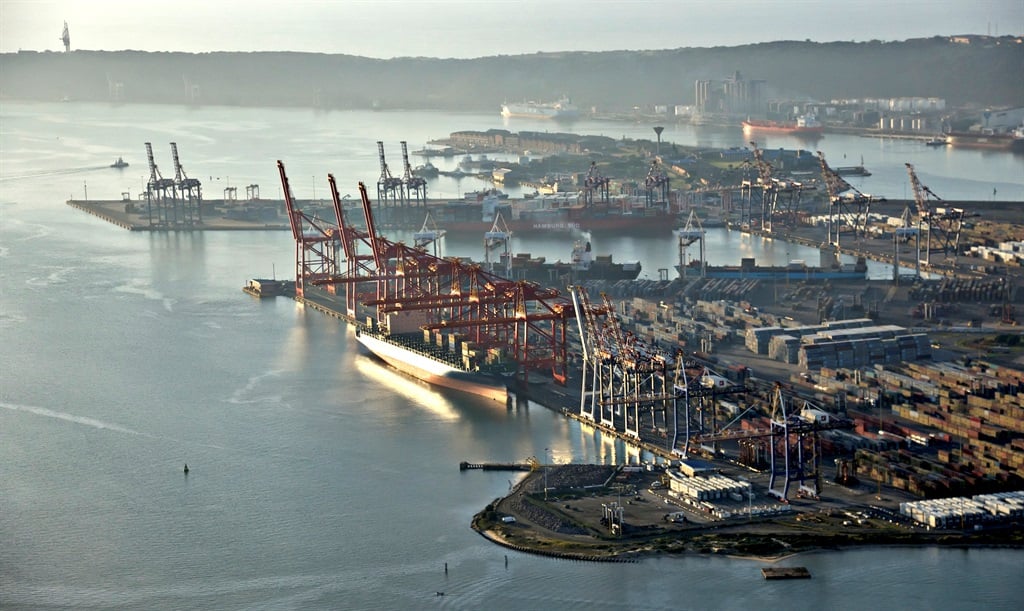
Africa’s inefficient and aging ports are hampering the continent’s chances of capitalising on a surge in ship traffic that’s avoiding attacks by Houthi rebels through the Red Sea, logistics experts said.
Some of the biggest beneficiaries are ports in South Africa, Madagascar, Mauritius and Namibia, all of which have seen volumes rise, manufacturing and logistics company Fictiv said.
“However, most ports in Africa are inefficient and not in the best condition to be able to fully realise all the benefits,” said Vinny Licata, Fictiv’s head of logistics.
Licata said:
This is could be a real opportunity for Africa, but several ports were already congested due to inefficiencies. Investments are needed to enable them to compete.
Merchant ships have largely avoided the route that would ultimately take them through the Suez Canal since the attacks started. Last week, a missile strike killed three crew members, the first confirmed deaths since the attacks began.
READ: Organised crime is killing SA’s economy, costing the state billions
Currently, Africa accounts for about 6% of global maritime trade, despite about 90% of its imports and exports being transported by sea, according to Freight Right Global Logistics CEO and founder Robert Khachatryan.
Khachatryan added:
Freight costs from Asia to the US East Coast are projected to increase by 20% to 30%, with delivery times extended by two weeks due to the longer route around the Cape of Good Hope in South Africa.
It’s here that South Africa’s port infrastructure problems — ranging from equipment breakdowns to staff shortages — hurt its competitive advantage. Shipping companies using the Cape route for east-west trade have largely avoided having to restock and refuel at South Africa’s maritime hubs due to their inability to provide services.
READ: WEF expects global economy to weaken in 2024 as volatility and fragmentation threaten trade
Khachatryan said:
This shift has directly benefited strategically located ports such as Toamasina in Madagascar, Port Louis in Mauritius and Walvis Bay in Namibia, which lie along the east-west route connecting Asia with Europe as ships avoid South Africa.
Countries with the capability to quickly scale up port and logistical operations — such as Morocco and Ghana — could accommodate the increased demand for maritime services.
“Their investment in port infrastructure in recent years positions them to manage the surge efficiently,” Khachatryan said. “For other parts of Africa, concerns arise from sea-piracy incidents near Somalia and Nigeria as vessels navigate around Africa,” he said.
Fragmented Politics
Rising traffic around the Cape could strengthen South Africa’s position in the Brics bloc of nations and potentially in global trade negotiations in the longer term, said James Hill, CEO of MCF Energy.
READ: Treasury’s R47bn lifeline meant to kickstart Transnet’s turnaround plan
“African policymakers may look at port development strategies that will help to build intra-African and international connectivity,” Hill said. “Even after the conflict in Israel ends, the danger in the Gulf may continue as the Houthis may choose to retaliate against the US for their counterattack, meaning these benefits may continue.”






Recent Comments